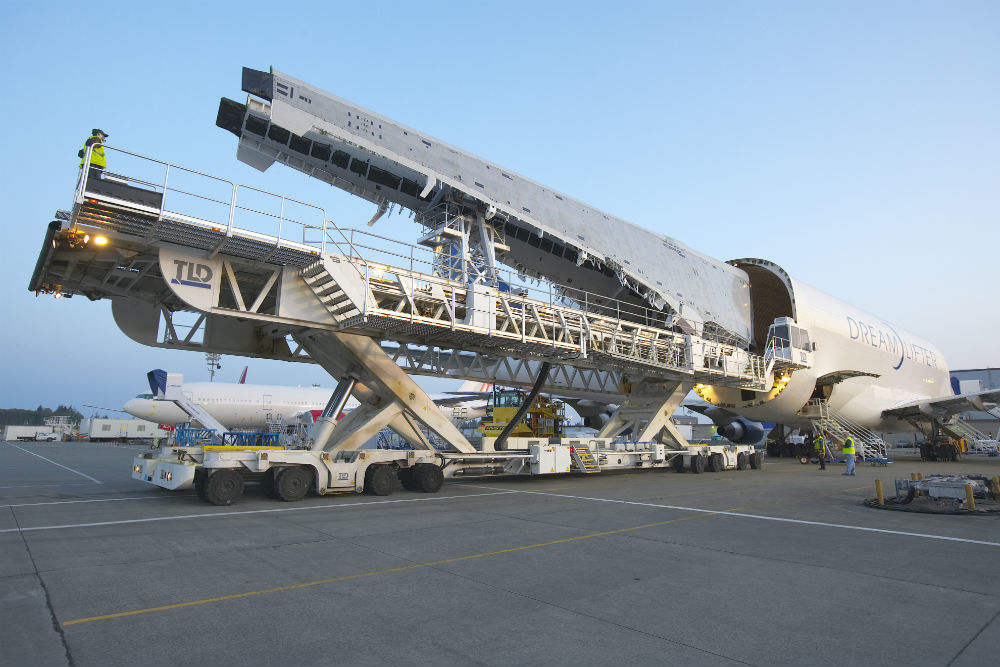Boeing and Mitsubishi Heavy Industries, Ltd. (MHI) have announced an agreement to reduce costs in MHI production of wings for the 787 Dreamliner.
Boeing and Mitsubishi Heavy Industries, Ltd. (MHI) have announced an agreement to reduce costs in MHI production of wings for the 787 Dreamliner. The announcement comes just over 10 years after MHI shipped the first 787 wingsets to Everett in May 2007. The two companies also say they will perform joint studies of advanced aerostructure technologies for future-generation commercial aircraft.
Japan plays a key role in the 787 programme. Japanese industry (MHI, Kawasaki Heavy Industries and Subaru, as Fuji Heavy Industries is now known) produces 35% of the Dreamliner, and Japan is the single biggest customer for the aircraft. MHI manufactures 787 composite wings at its factory in Nagoya. The new agreement aims to pursue increased efficiency in MHI's production system and its supply chain through lean production methods, automation and other activities.
The decision to award 787 wing design and production to MHI was a landmark event - the first time Boeing had outsourced the wing of a commercial aircraft programme. It has since proved to be a one-off decision. Wings for the 777X will be produced in-house by Boeing.
MHI has been involved in multiple Boeing Commercial Airplanes programmes over the past 40 years. It currently produces fuselage sections for the 767, 777 and 777X programmes. In total, about 150 Japanese companies are suppliers to Boeing across its commercial and defense product lines. Boeing says it procures approximately $5bn worth of goods and services from Japan every year.

